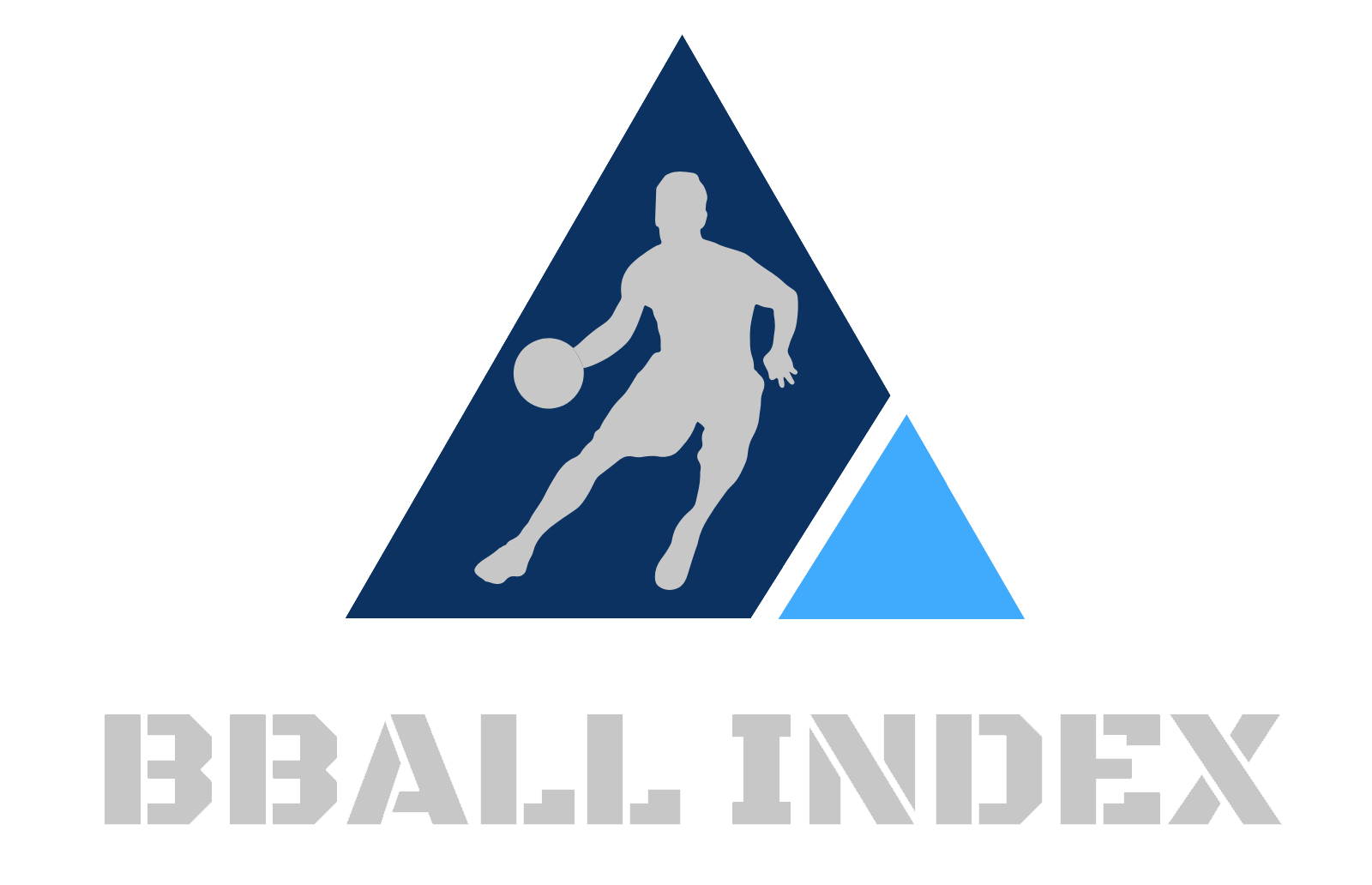Navigating rookie contract extensions can be complicated for NBA general managers. Keeping a core player happy by offering a lucrative extension as soon as possible versus playing hard ball and retaining a player via restricted free agency both carry risks and benefits.
Let’s take a look at what happened with Pascal Siakam, Jaylen Brown, and Buddy Hield to better understand some of the ways these extension negotiations can play out.

Pascal Siakam
Siakam signed a maximum contract extension with the Raptors on Monday. The contract will be worth 25 percent of Toronto’s salary cap, projected to be roughly $130 million over four seasons. Since the contract is set as a percentage of the cap, it will rise or fall in accordance with any deviation of the cap from the current projection of $116 million.
Given the stakes of NBA commissioner Adam Silver’s ongoing staredown with China, that last point may be more salient than expected. If China continues to cut into the NBA’s revenue stream and the “fairly dramatic” financial consequences become even more pronounced, the 2020-21 salary cap could drop significantly. By tying Siakam’s contract to the cap, the Raptors have protected themselves against the consequences of a tumbling cap to a degree.
The Raptors are running a risk that Siakam will not meet his All-NBA potential and they’ll be caught paying a maximum contract to an above-average starter. The numbers, however, do not bear out that concern. BBall Index’s PIPM career projection tool projects that Siakam will provide the Raptors with a staggering $176 million in value form 2020-21 to 2023-24 — about 50 percent more than the roughly $116 the Raptors are on the hook for.
To his credit, Siakam is already holding up his side of the bargain by collecting 34 points, 18 rebounds, and 5 assists in the Raptors season opener against the Pelicans.
Jaylen Brown
Brown signed a near-max four-year extension with the Celtics — he’ll get $103 million in base salary and can earn as much as $115 million if he hits a litany of incentives:
Yahoo Sources: On Jaylen Brown’s four-year extension, he can secure $8M in incentives if he wins MVP, DPOY or makes one of three All-NBA Teams. He pockets $4M if plays 65 or more games, team wins 49 or more games and reaches second round of playoffs. Total guaranteed salary $103M
— Chris Haynes (@ChrisBHaynes) October 21, 2019
BBall Index’s PIPM projection tool rates this contract as an overpay, valuing Brown at $93.3 million from 2020-21 to 2023-24. This aligns with ongoing questions about whether Brown will meet his potential after a dip in counting stats from his second to third season. Celtics GM Danny Ainge has infamously overvalued his players in trade negotiations and may have done the same during this contract negotiation.
Making matters worse for the Celtics, in contrast to Siakam’s variable 25 percent contract, Brown is locked into $23.9 million for the 2020-21 season — assuming his expected/unexpected bonuses don’t change this year. That number will NOT move regardless of any cap fluctuations.
With the current projection of a $116 million cap, Brown’s contract will be about $5.1 million below a max deal and account for 20.6 percent of the cap. But if the worst case scenario of a ten percent drop happens, Brown’s salary will be within 3-point range of a $26.1 million 25 percent max and take up 22.8 percent of the Celtics’ cap.
Given the PIPM projection and possible cap uncertainty, it’s fair to question whether or not Ainge overpaid his shooting guard.
Buddy Hield
Like Siakam and Brown, Hield also signed a big-money four-year extension this week. Unlike Siakam and Brown, Hield does not project to have increasing value over the span of his 4-year extension. PIPM projects that Hield already hit his maximum value last season at $17.1 million and will only be worth $54.3 million to the Kings from 2020-21 to 2023-24.
The Kings signed him to a guaranteed $88 million. Ouch.
For further context, PIPM projects that Brown will have at least a 28.5 percent chance of making an all-star team over the life of his contract. Hield maxes out at 15.5 percent.
Kings fans might want to stop reading now because there’s even more bad news. Before signing an extension, Hield carried a cap hold of $14.5 million. Now he’ll take up over $20 million in space, substantially reducing the Kings under-the-cap flexibility (in fairness to Sacramento, Siakam’s extension had a similar effect on the Raptors).
The Kings reportedly feared losing Hield for nothing, but the financial constraints of overpaying a decent starter probably outweigh the risk that Hield would have signed a qualifying offer or received a better deal elsewhere. This feels a lot more like the mediocre 2016 Blazers overpaying to retain Allen Crabbe, than the 2015 Cavaliers overpaying Tristan Thompson.
